
This is the second part of a two part series celebrating LGBTQIA+ folks in the STEAM fields. The first part discusses the importance of diversity and history of exclusion. This part will honor the people in the fields.
In honor of Pride Month*, the Los Alamos STEAM Lab would like to recognize a few of the countless LGBTQ+ scientists and innovators that have aided in the advancement of numerous STEM fields.
* Yes, we know that was soooo last month. Luckily, we celebrate diversity every day!
Sally Ride (1951-2012)
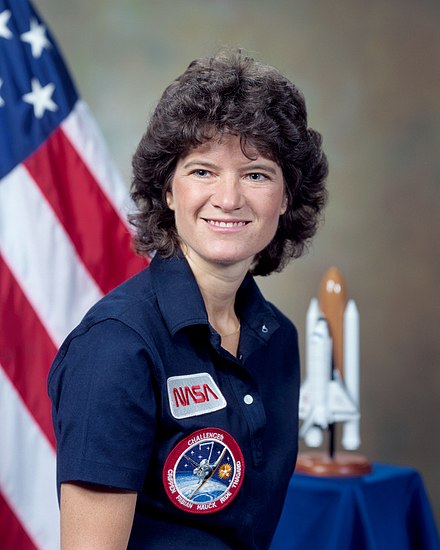
- Astronaut, physicist, engineer, and professor. Known as the first LGBTQ+ astronaut, youngest American to have flown in space, and first American woman in space.
- https://en.wikipedia.org/wiki/Sally_Ride
Allan Cox (1926-1987)
- American geophysicist and specialist in paleomagnetism. Instrumental in developing a way to measure the changes in the earth’s geomagnetic alignment and polarity. His work enabled testing of the seafloor spreading hypothesis which gave some of the first credible evidence to the theory of plate tectonics.
- https://en.wikipedia.org/wiki/Allan_V._Cox
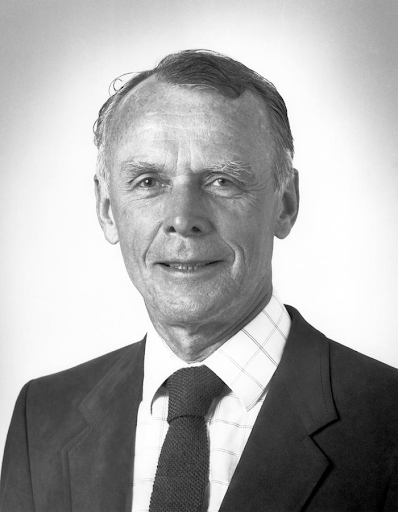
Alan Hart (1890-1962)
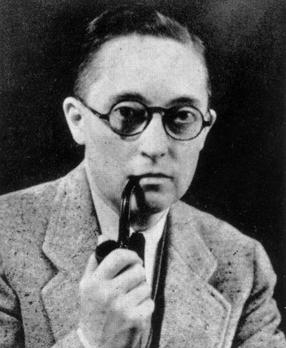
- American medical doctor, radiologist, author, and pioneer of tuberculosis research and screening. Developed x-ray photography to detect tuberculosis and implemented screenings that saved many lives.
- https://en.wikipedia.org/wiki/Alan_L._Hart
Lynn Conway
- American electrical engineer, inventor, systems architect, transgender activist, professor, and computer scientist credited with the invention of generalized dynamic instruction handling used by most modern computer processors to improve performance. Also known for the Mead-Conway VLSO chip design revolution that greatly simplified the design and fabrication of complex microchips allowing for the rush of high-tech startups in the 80s and 90s.
- https://en.wikipedia.org/wiki/Lynn_Conway
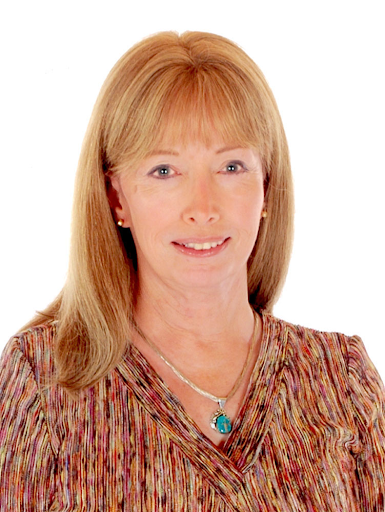
Angela Clayton (1959-2014)
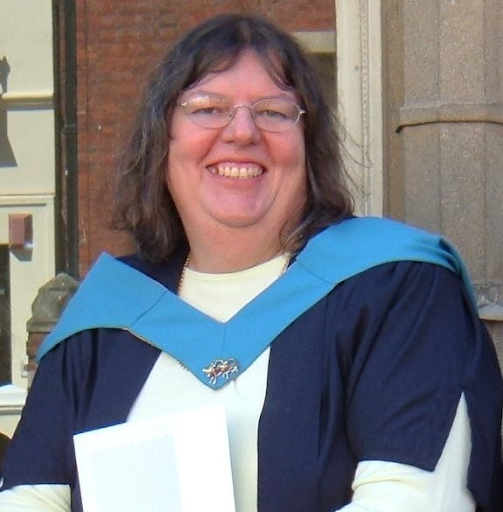
- British physicist and trans rights advocate known internationally for her work in the fields of nuclear criticality safety and health physics. Former Head of Criticality Safety at the Atomic Weapons Establishment and chairperson of UK Working Party on Criticality among other achievements.
- https://en.wikipedia.org/wiki/Angela_Clayton
Ben Barres (1954-2017)
- Neurobiologist and researcher credited with numerous landmark discoveries including the identification of glial-derived factors that promote the formation of neuronal synapses and the characterization of signals that induce the formation of myelin sheaths. His pioneering work revolutionized the field of neuroscience and he was the first openly trans man recognized by the prestigious National Academy of Science.
- https://en.wikipedia.org/wiki/Ben_Barres
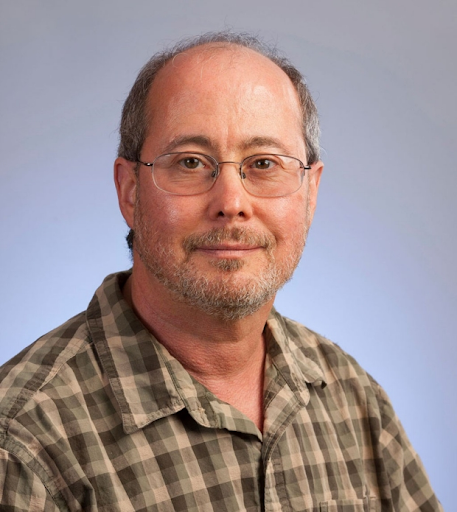
Peter Thiel
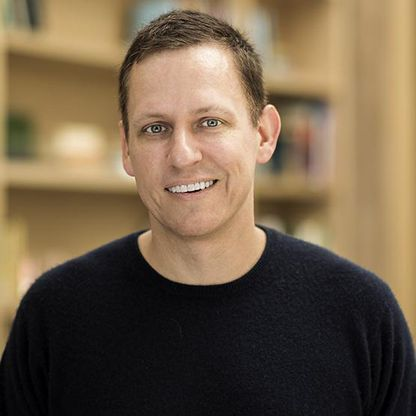
- German-American entrepreneur, co-founder of PayPal, and first outside investor in Facebook. Involved as a founder, investor, and developer of many innovative technology companies such as Tesla Motors, LinkedIn, SpaceX, Yelp, and YouTube.
- https://en.wikipedia.org/wiki/Peter_Thiel
Neil Divine (1939- 1994)
- American astrophysicist and major contributor to the modern theory of star formation. His research helped identify numerous interplanetary bodies and radiation belts as well as expanded our fundamental understanding of the complex environments space probes might face.
- https://en.wikipedia.org/wiki/Neil_Divine
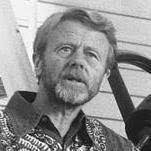
Josephine Baker (1873-1945)
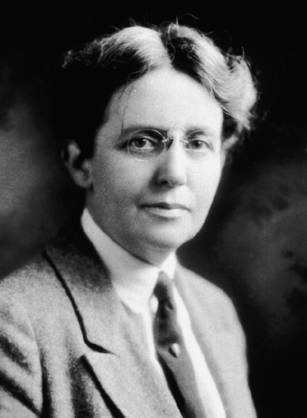
- American physician and public health pioneer who made numerous significant contributions in the areas of public health and child welfare. She was the first woman to receive a doctorate in public health and organized the first child hygiene department under government control in New York City, leading to the lowest infant mortality rate in any American or European city during the early 1900s. She was also instrumental in identifying “Typhoid Mary” amidst the New York typhoid fever epidemic.
- https://en.wikipedia.org/wiki/Sara_Josephine_Baker
Martine Rothblatt
- American lawyer, author, entrepreneur, transgender rights advocate, and biotechnologist. Creator of Sirius XM satellite radio, founder of biotech pioneer United Therapeutics, and former CEO of the satellite-focused company GeoStar.
- https://en.wikipedia.org/wiki/Martine_Rothblatt
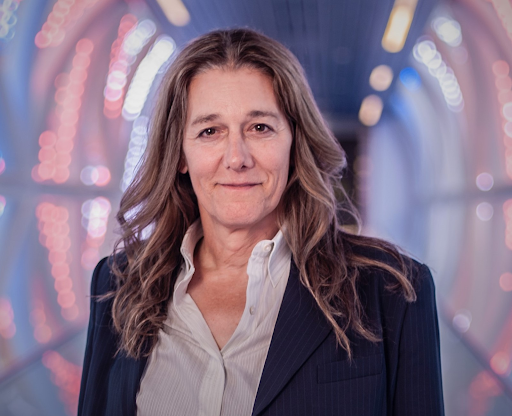
Jon Hall
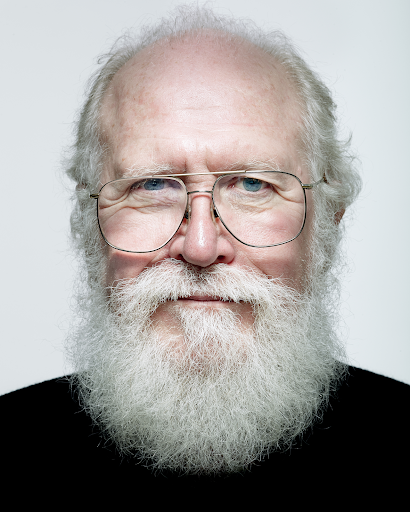
- Computer programmer, systems administrator, and a major contributor to the Linux project. Board Chair of Linux International and advocate for open-source software.
- https://en.wikipedia.org/wiki/Jon_Hall_(programmer)
Karissa Sanbonmatsu
- American structural biologist and principal investigator at Los Alamos National Laboratory. Credited with performing the first atomistic simulation of the ribosome. Determined the secondary structure of an intact IncRNA and published a one billion atom simulation of a biomolecular complex. Influential in the advancements in the understanding of epigenetics and use of computer simulations to understand RNA and DNA mechanisms.
- https://en.wikipedia.org/wiki/Karissa_Sanbonmatsu
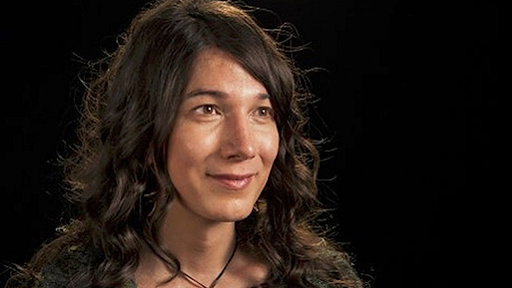
Jim Pollack (1938-1994)
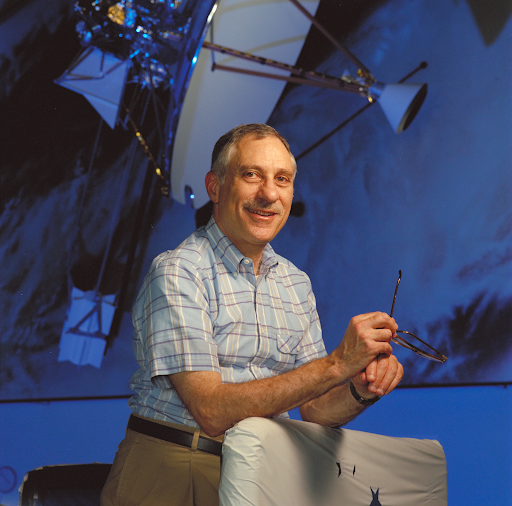
- American astrophysicist, a senior space research scientist at NASA, and world-renowned expert in the study of planetary atmospheres and particulates. First graduate student of astronomer and science popularizer Carl Sagan. His later work in the evolutionary climate change of terrestrial planets and evolutions of giant gas planets led to many advances in the understanding of our solar system.
- https://en.wikipedia.org/wiki/James_B._Pollack
Clyde Wahrhaftig (1919-1994)
- American geologist and professor who worked for the United States Geological Survey and made significant scientific contributions to the field of geology. One of the first scientists to bring the role of plate tectonics in causing earthquakes to public awareness. Pioneer in applying geological sciences to environmental problems with a particular focus on forest management practices and lifelong advocate for public transportation and inclusivity in STEM.
- https://en.wikipedia.org/wiki/Clyde_Wahrhaftig
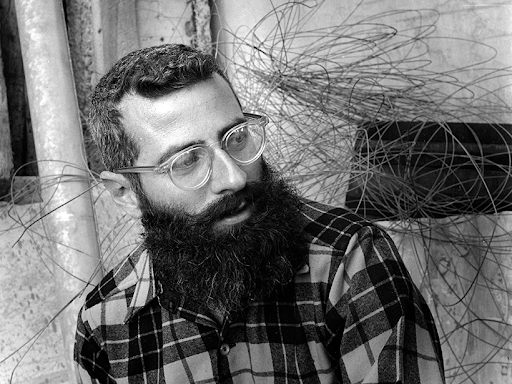
Sofya Kovalevskaya (1850-1891)
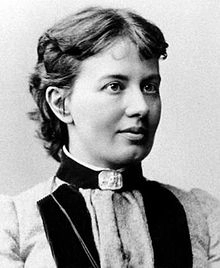
- Russian mathematician and developer of Kovalevsky’s Theorem that made numerous noteworthy contributions to the fields of mathematical analysis, partial differential equations, and mechanics. First woman to obtain a doctorate in mathematics, be appointed to a full professorship position, and work as an editor in a major scientific journal.
- https://en.wikipedia.org/wiki/Sofya_Kovalevskaya
Margaret Mead (1901-1978)
- American anthropologist, psychologist, and author. Curator of Ethnology at the American Museum of natural history and former President of the American Association for the Advancement of Science. Credited with changing the way different human cultures are studied and her efforts to apply the principles of anthropology and the social sciences to societal problems and issues such as world hunger, childhood education, and mental health. Her pioneering work on sexuality, culture, and childrearing continues to be influential today.
- https://en.wikipedia.org/wiki/Margaret_Mead
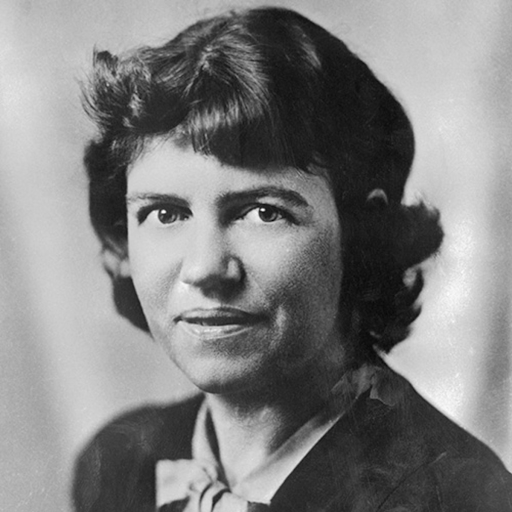
Louise Pearce (1885-1959)
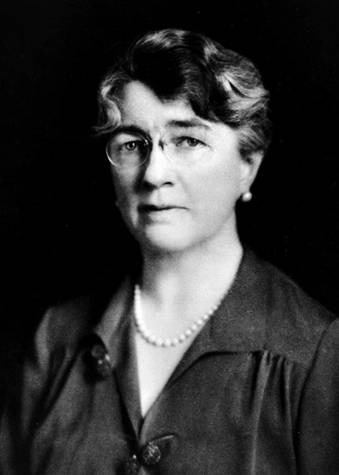
- American physician and pathologist at the Rockefeller Institute who helped develop tryparsamide, a treatment for trypanosomiasis (also known as African sleeping sickness). Her research led to many profound discoveries and treatments related to syphilis, infection resistance, cancer, immune reaction, and hereditary diseases.
- https://en.wikipedia.org/wiki/Louise_Pearce
Bruce Voeller (1934-1994)
- American biologist, pioneering AIDS researcher, professor, gay rights advocate, and founder of the Mariposa Foundation who pioneered the use of the topical virus-transmission preventative serums and research the spread and prevention of various diseases. Credited with coining the term “acquired immune deficiency syndrome” (AIDS).
- https://en.wikipedia.org/wiki/Bruce_Voeller
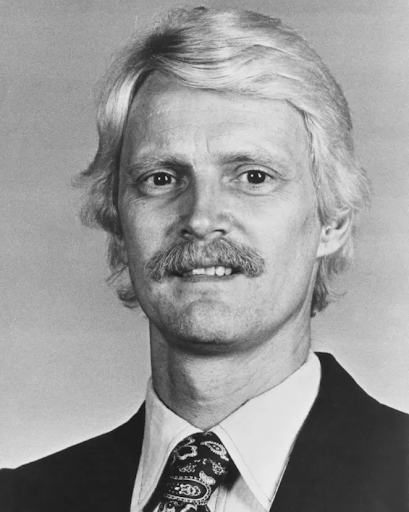
Alan Turing (1912-1954)
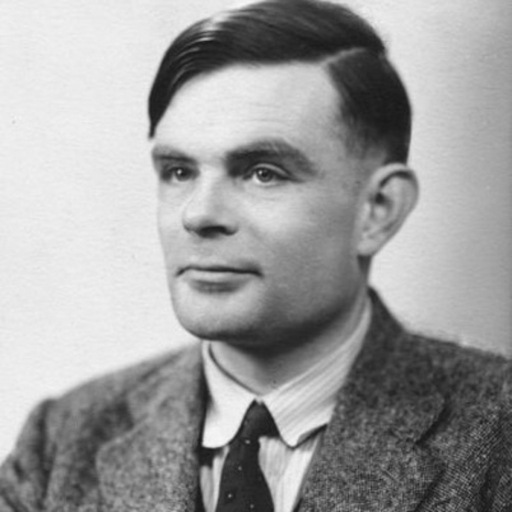
- British mathematician, cryptanalyst, logician, philosopher, theoretical biologist, inventor of the Enigma machine, and father of modern computer science. His role in deciphering German military code contributed to the Allied victory in WWII. Credited with creating the theoretical framework and design for the earliest modern computer and provided formalization of the concepts of algorithm and computation with the Turing machine.
- https://en.wikipedia.org/wiki/Alan_Turing
John Maynard Keynes (1883-1946)
- English economist, journalist, and financier whose ideas fundamentally changed the theory and practice of macroeconomics and the economic policies of governments. Recognized as one of the most influential economists of the 20th century whose ideas are the basis for Keynesian economics and its offshoots.
- https://en.wikipedia.org/wiki/John_Maynard_Keynes
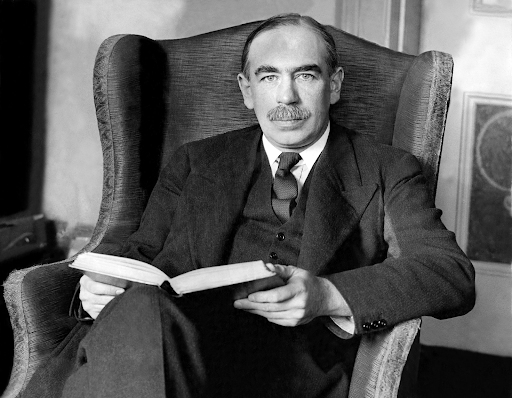
Frank Kameny (1925-2011)
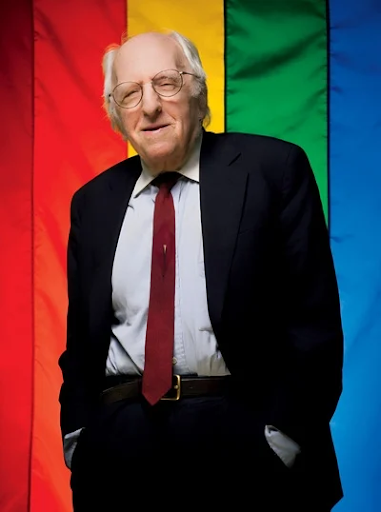
- American astronomer, politician, military personnel, and gay rights activist referred to as “one of the most significant figures” in the American LGBTQ+ rights movement. Conducted photometric studies of variable stars and worked as an astronomer with the Army Map Service before being fired and denied the opportunity to continue his astronomy research by the federal government due to his sexuality.
- https://en.wikipedia.org/wiki/Frank_Kameny
Jessica Esquivel
- Physicist, data analyst, science communicator, and advocate for diversity and inclusivity in STEM. Her research focuses on developing and applying machine learning models to improve data analysis in particle physics experiments and she is currently working at the Fermilab on experiments to test the current theories of the standard model of particle physics by measuring the anomalous magnetic dipole moment of muon particles.
- https://en.wikipedia.org/wiki/Jessica_Esquivel

Alexander Von Humboldt (1769 – 1859)
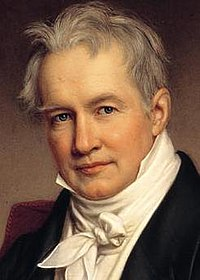
- Prussian naturalist, explorer, author, and geographer credited with developing the foundations for modern physical geography and meteorology.
- https://en.wikipedia.org/wiki/Alexander_von_Humboldt
RESOURCES AND ORGANIZATIONS
- The Trevor Project (LGBTQ+ youth crisis intervention and suicide prevention services): https://www.thetrevorproject.org/
- The Safe Zone Project: https://thesafezoneproject.com/learn/
- GLAAD (Gay & Lesbian Alliance Against Defamation): https://www.glaad.org/
- GLSEN (Gay Lesbian and Straight Education Network): https://www.glsen.org/
- The Global Alliance For LGBT Education: https://www.gale.info/
- National Organization of Gay and Lesbian Scientists and Technical Professionals: https://www.noglstp.org/
- Out in STEM: https://www.ostem.org/
- Pride in STEM: https://prideinstem.org/
- 500 Queer Scientists: https://500queerscientists.com/